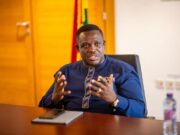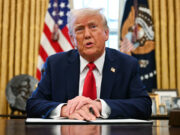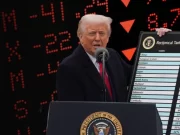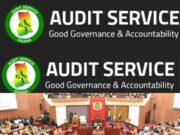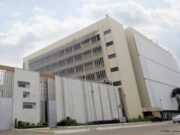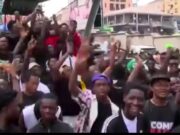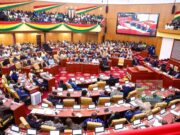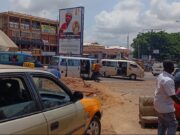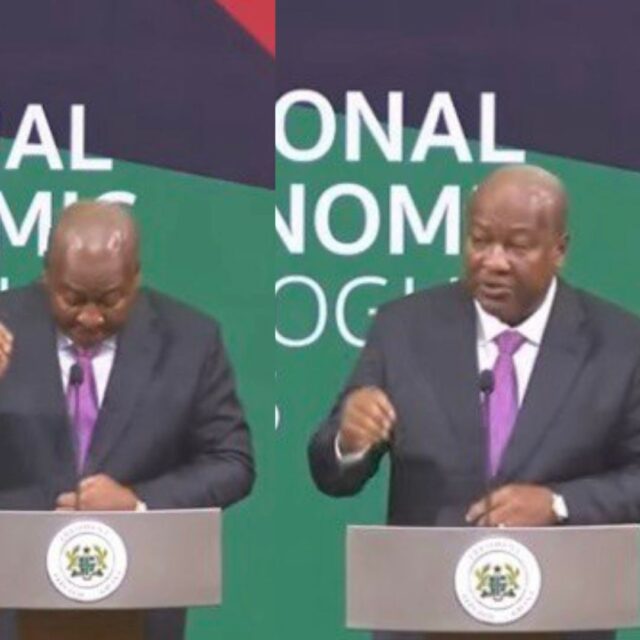President John Dramani Mahama has called for a decisive reset of Ghana’s economy. Speaking at the National Economic Dialogue, he outlined key strategies aimed at restoring macroeconomic stability, fostering industrialization, and shifting Ghana away from raw material exports toward value-added production.
He framed the current economic crisis as an opportunity for transformation rather than stagnation. Mahama emphasized the urgent need for solution-driven discussions, stating, “We are here to seek solutions… and to ensure that we build an economy that works for every Ghanaian. For me, this is not just another policy discussion. It is an urgent call to action.”
Economic Crisis and the Path Forward
Mahama acknowledged the dire state of the economy, attributing it to years of financial mismanagement, reckless borrowing, and weak leadership. He highlighted Ghana’s default on its debt obligations as a devastating milestone that has led to declining investor confidence, high unemployment, and soaring inflation.
“The cost of living has skyrocketed to unbearable levels, leaving families grappling with the inability to afford even the most basic necessities, At the same time, inflation erodes the value of wages and savings, pushing many into a cycle of poverty,” he said. He also criticized the collapse of indigenous banks, which he believes significantly reduced Ghanaian presence in the financial sector and led to massive job losses.
Despite these challenges, Mahama rejected the notion that economic hardship must be Ghana’s norm. “We reject the notion that economic hardship must be our norm. We refuse to surrender to the forces of stagnation and decline. We are gathered here today because we believe in Ghana’s ability to rise again, reclaim our country’s economic strength, and emerge as a beacon of progress on the African continent, not only a beacon of democracy but a beacon of economic prosperity,” he asserted.
Key Strategies for Economic Transformation
Mahama’s plan focused on industrialization, value-added production, and the famous 24-hour economy to drive sustainable growth.
- Industrialization and Value-Added Production
Still speaking at the 2025 economic dialogue, Mahama said Ghana has long relied on raw material exports, such as gold, cocoa, and crude oil, making the economy vulnerable to global price fluctuations. He proposed a fundamental transformation, stating, “It is time to transition to a value-added industrialized economy that creates jobs. Boosts exports, and reduces our reliance on imports, manufacturing, and agro-processing must be expanded to ensure that we derive maximum value from our natural resources.”
He called for increased indigenous participation in the extraction of natural resources and a review of agreements governing the extractive industry.
- Governance Reforms and Fiscal Responsibility
Mahama stressed the importance of transparency and accountability in government expenditures. He vowed to curb excessive government spending, enforce responsible financial management, and ensure fiscal discipline. He said under his leadership, the Bank of Ghana’s independence will be safeguarded to implement prudent monetary policies that curb inflation, stabilize the currency, and rebuild Ghana’s foreign reserves.
Fiscal responsibility must become the bedrock of our national development strategy, and every single cent must deliver tangible value to the Ghanaian people. We must review our laws to eliminate excessive waste in the procurement of government supplies and projects,” he said.
He further condemned the misuse of sole-sourcing contracts, highlighting a procurement deal in which the government overpaid for supplies, costing the nation millions of cedis.
- Implementing a 24-Hour Economy
A key component of Mahama’s vision is the introduction of a 24-hour economy, which he believes will create sustainable jobs and enhance productivity.
Speaking about this initiative, Mahama said thriving economies embrace continuous productivity, ensuring that businesses, industries, and essential services operate around the clock to maximize growth and prosperity. He promised incentives and tax breaks for businesses that extend their operational hours, support for shift-based employment, and investments in infrastructure, energy, and security to facilitate the transition.
“We will strengthen key sectors such as manufacturing, retail, healthcare, logistics, and financial services to support such continuous operation. We will invest in infrastructure, energy, and security to ensure businesses and workers operate in a safe and efficient environment,” he said.
A Call for Collective Responsibility
at the economic dialogue, Mahama emphasized that economic transformation is a shared responsibility that requires the active participation of every Ghanaian. He reiterated his commitment to consensus building and stakeholder engagement, ensuring that economic reforms are informed by collective input.
“It is a shared responsibility that requires the active participation of every Ghanaian. Let us rise to the occasion, take decisive and necessary action, and ensure that we leave behind a legacy of economic resilience, stability, and prosperity for future generations,” he emphasized.
The National Economic Dialogue has set the stage for discussions that could shape Ghana’s economic future for years to come.



